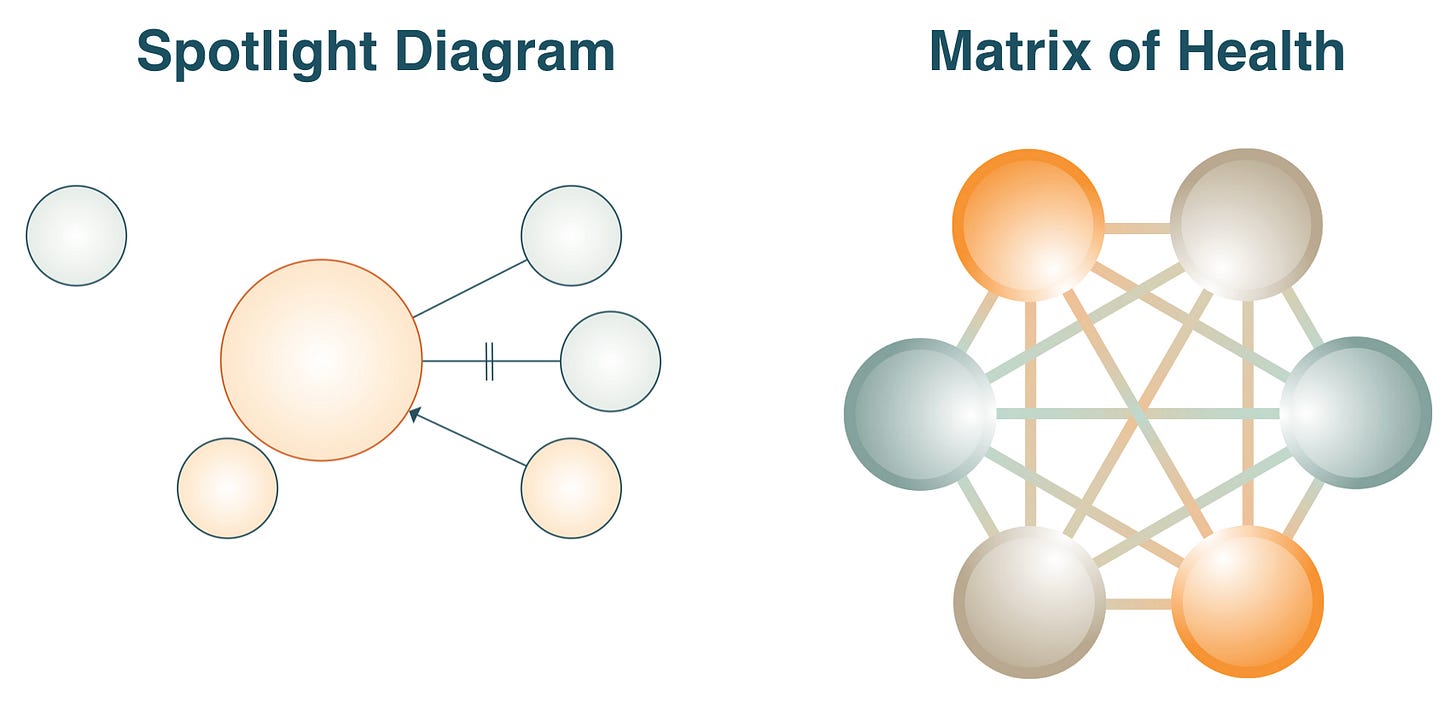How to Talk to an Addicted Loved One, without the Frustration
Jim told his partner he didn’t want to be addicted and would do anything to not be. His partner, Jane knew Jim meant it. However, at various times he committed to numerous things: going to a self help meeting, seeing a therapist, getting a substance abuse evaluation, talking to his general doc, and starting an Individualized Outpatient Program (IOP).
Jim did go to a couple meetings. He did make an appointment with his general doc, and didn’t show up. Jane loved him dearly, but was frustrated because of the amount of things he committed to, but couldn’t do. Sometimes she’d ask him about this pattern. It would end in an argument, so she did what Al Anon suggested, “detach with love” and avoided talking about it.
What does Jim’s lack of follow through mean?
The simplest way to understand Jim’s “say-one-thing-do-another” (SOTDA) behavior is to know this is a classic symptom of addiction. Although the detail may look different from person to person, knowing that SOTDA is connected with addiction allows you to stop any reciprocal emotional backlash that it means something about you. It doesn’t.
Is the “detach with love” principle helpful here?
My perspective is when a question relative to addiction is framed in a black and white context (like the one above), if you believe you only have two choices, you’re being pulled into addiction’s rules of engagement. So, let’s reframe it: How can you best practice “detaching with love”?
It’s all about “how” you apply this principle, and most importantly - there is no one way. You may do it one way in one situation and another way in another situation. I can guarantee that trying to “detach with love” will include frustration sneaking out.
Your emotions come through, even if you’re trying to hide them. This means you need to get clear within yourself, and be able to connect with this clarity moment by moment.
Of course, there’s some helpful concepts:
Stay connected to your gut (like, focusing on deep breathing)
Your behavior communicates more than your words
Your tone of voice and eye contact are also important
In theory, on 7% of communication are words.
How can Jane apply, the “detach with love” principle?
As you probably know by now, there is no one answer, there are many. My perspective is all of them need to start with Jane focusing on what’s going on inside of her. This is important because there’s lots of info telling you what you “should” or more likely “shouldn’t” do.
I believe it’s important for people, like Jane to be connected to what’s most important to them, have a method to take in new information and challenge one’s own thinking about it. Also, having a safe group to get feedback from others, and most importantly, be clear about making one’s own decision.
This shifting of focus is commonly called self care, which some may interpret as removing all focus from the person struggling with the addiction. I don’t. I suggest using Both/And.
What is Both/And, and how to use it to make your best decision?
In the context of addiction, Both/And means considering two things simultaneously. For example:
Your needs and your loved one’s
Addiction and the essence of your loved one
Addiction’s rules of engagement and the family’s
Your self care and your specific obstacles to making it a priority
Your immediate reaction and trying new skills
There are hundreds of examples. What’s more important that my giving specific examples is you incorporating Both/And into how you make decisions. It starts with curiosity.
You may not be curious right now. You may just want an answer. Well, the traditional approach has one answer, like Al Anon, “detach with love” or “you, the family can’t do anything until they are ready”. These messages, and others, prevent the family from being a stronger part of the solution.
Later in September, I’ll be doing two webinars on a Family First model. One for families. One for professionals who work with families. Both will emphasize a sequence of using Both/And for families to make their best decisions and have ongoing support.
Both webinars lead to a class (with coaching) that starts in October.
“But I go to Al Anon and it’s helpful”
Great that you’ve found some help. I have some questions:
Is the help supporting and guiding you to incrementally try new behavioral strategies to inspire your loved one to be curious about sobriety and a new perspective of recover?
What do you think, do, and say in a moment of frustration with your loved one? How do you heal these unhealed disagreement, conflicts, or traumas?
How can you set strong boundaries with addiction (and hold them), while staying connected, caring and showing healthy love to your loved one?
“My loved one’s in treatment, and I don’t need help now”
Wonderful! Be aware that traditional recovery has a narrow lens - one solution for one problem (this is largely driven by insurance), Where an expanded perspective acknowledges healing family relationships starts rebuilding trust, so everyone can live well beyond addiction
The image on the left shows addiction’s rules of engagement, and different perspectives of family roles orienting around the addiction. The image on the right shows what family rules of engagement can do.
“My loved one’s been sober for years, but I still see SOTDA in them”
AA has a term for this: dry drunk. I see it more as the Reward Deficiency pathway has not been healed (it’s fed with another substance or process), and neurotransmitters are still out of balance. But SOTDA is common unless someone sees it as a problem and is open to new modalities of healing.
In summary
Addiction narrows thinking. One focus. One problem. One solution. No possibilities to consider other perspectives.
A partner or family member’s best strategy is to be open to Both/And - understanding there can be truth in multiple perspectives. So, practice slowing yourself down and becoming curious.
When just one person makes change, old interpersonal relationships that don’t or can’t change, often grow further apart.
Learn more about what a family can do to lead the change process.
Introducing Family Addiction Engagement Training (FAET) - a “Families First” model - family education early, while their loved one is still using!
The intention is:
Families expanding their thinking about addiction - how it trickled down into their family and what they can do to minimize further damage.
Families making incremental changes that breaks the mechanical relational patterns and inspires new conversations (i.e. to inspire their loved one considering a new perspective of recovery).
BOTH are critical. BOTH show the family what they CAN DO.
Webinar for Professionals: Thursday, September 26, 2024, 4:30pm PST
https://go.thefamilyrecoverysolution.com/faet-masterclass
Cost: $49 (This fee is deductible from the full training program if you decide to enroll after the webinar).
What You’ll Learn: Gain a deeper understanding of how family dynamics impact addiction recovery and discover practical tools to integrate family-focused strategies into your practice.
Webinar for Families: Friday, September 27, 2024, 4:30pm PST
https://go.thefamilyrecoverysolution.com/families
Cost: $49 (This fee is deductible from the full training program if you decide to enroll after the webinar).
What You’ll Learn: To take the lead by learning a little family dynamics, so you can inspire a loved one to consider change. Practical strategies to improve communication, get your life back, foster a supportive environment and rebuild trust.



